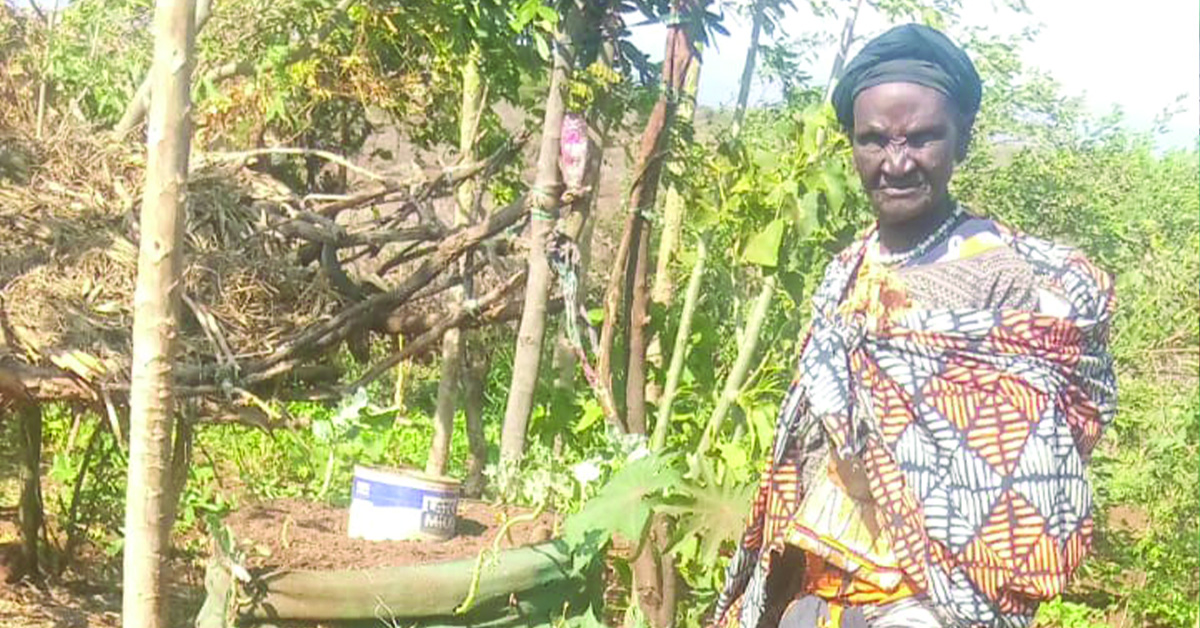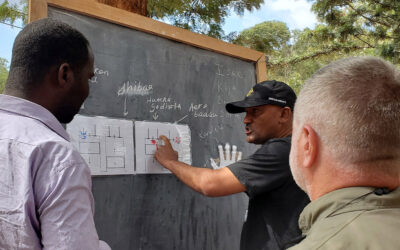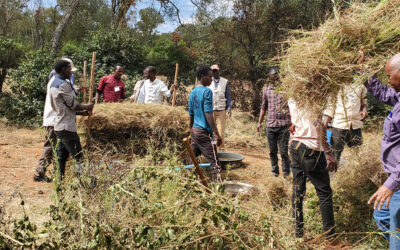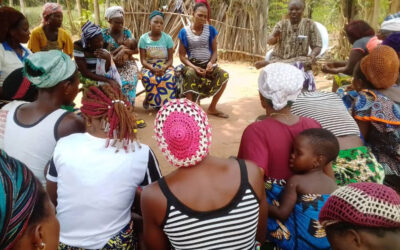Localised Water Leads to Growing Gardens
November 4, 2022
Africa | Attir Village | Education | Food | Income | Kenya | Sustainable Development | Water

Since Attir Village was introduced to the agriculture sector, and stopped totally depending on livestock, villagers are changing their attitudes towards farming. Many saw it as a foreign thing, but now farming is taking over the community. This change is after the help of GHNI and other organisations that helped drill water for the Attir community. The water was enough for human consumption, farming, and for animal use. A few people who had their farms near the main water source started farming and have witnessed its benefit.
GNHI didn’t stop there; they shared the idea of kitchen gardens as well, and taught people how to start them. The villagers were really happy, especially those who had water taps at their door steps. Through Transformational Community Development (TCD), sacks were distributed to the kitchen garden farmers, and they were guided on the ways to prepare and plant their gardens. The process was successful, and the community members took it seriously. After a few months, the results were amazing.
Mama Jacinta is one of the beneficiaries of the kitchen garden sacks. She is happy because the small kitchen has reduced the cost of buying vegetables from town. It has enabled her to get vegetables in a short time. It has also improved nutrition for her family. She is thankful for GNHI.
Thank you,
Written By: Christopher
GHNI TCD Worker
Latest Stories from Africa
The Right Tools for the Job
Each tool kit provides both a business opportunity and an opportunity for community care.
Water Scarcity Leads to Innovative Practices
Innovative approaches to farming are leading the Tuti community into a brighter economic situation.
Wanted: Palm Oil Processing Plant
Shortened processing time, improved quality, and increased revenues make a processing plant highly desirable!



